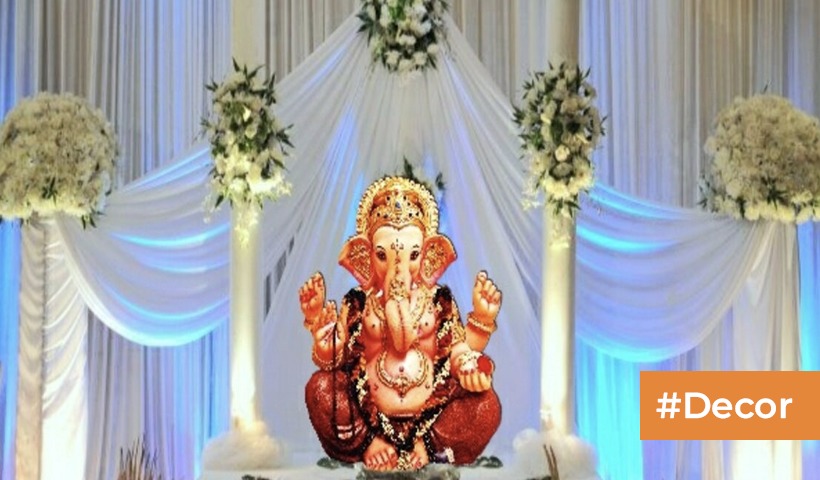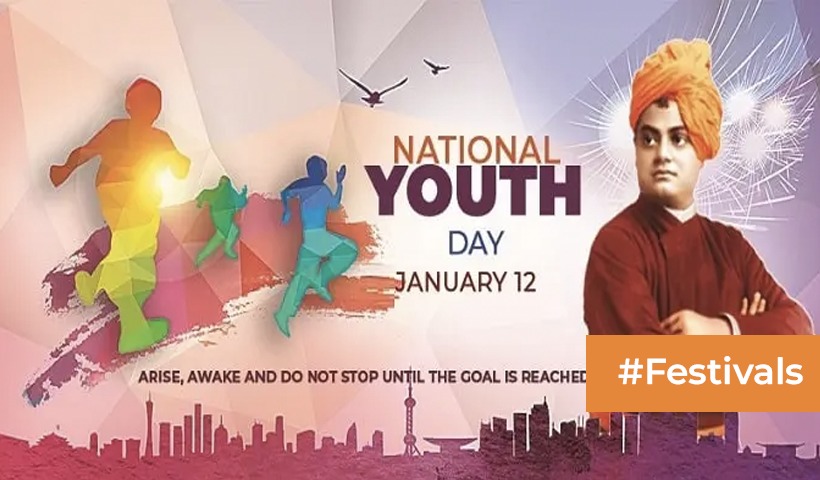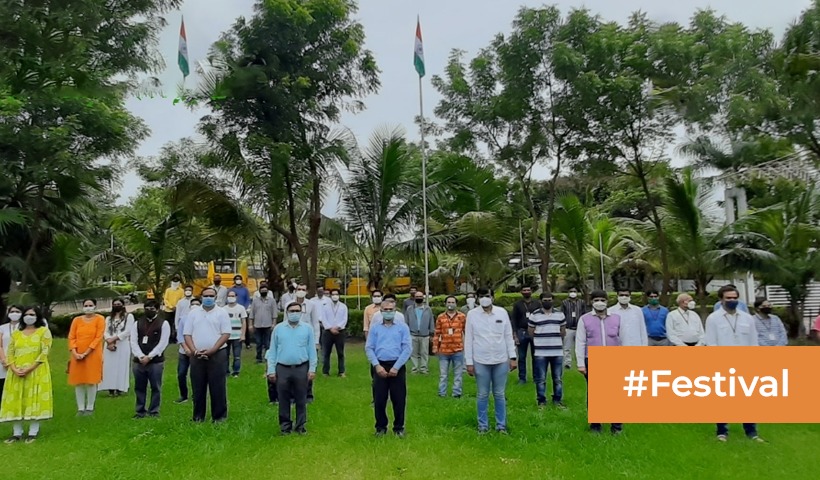The Profound Significance of Janmashtami!
Janmashtami, also known as Krishna Janmashtami, is one of the most revered and widely celebrated festivals in Hinduism. It marks the birth of Lord Krishna, the eighth avatar of Lord Vishnu, and holds immense significance in Hindu culture and spirituality. The festival, observed with great devotion and enthusiasm, carries profound meanings and teachings that continue to inspire millions of people worldwide. In this blog, we will explore the deep significance of Janmashtami and its enduring impact on the lives of devotees.
1. Celebration of Divine Birth:
Janmashtami is celebrated with jubilation as it marks the divine birth of Lord Krishna in the town of Mathura. Lord Krishna is revered as the embodiment of love, wisdom, and divinity. His arrival on Earth is seen as a beacon of hope and a source of spiritual enlightenment for all beings.
2. Triumph of Good Over Evil:
The story of Janmashtami is intricately tied to the life and adventures of Lord Krishna. His divine mission included the eradication of evil forces, most notably the demon king Kansa. The festival symbolizes the victory of righteousness and the defeat of malevolence, illustrating the eternal struggle between good and evil.
3. Teachings of Lord Krishna:
Lord Krishna’s life is filled with teachings and wisdom that are imparted through the Bhagavad Gita, a sacred scripture that forms a significant part of the Mahabharata. His discourse with Arjuna on the battlefield of Kurukshetra encapsulates timeless principles of dharma (duty), devotion, and self-realization. Janmashtami serves as a reminder to reflect on these teachings and integrate them into our lives.
4. Devotion and Bhakti:
Janmashtami is synonymous with devotion (bhakti) and surrender to Lord Krishna. Devotees fast, sing bhajans (devotional songs), and engage in prayers and rituals as a way of expressing their love and devotion to the Lord. The festival is an opportunity to strengthen one’s spiritual connection with Krishna and deepen their faith.
5. Leelas and Stories:
Lord Krishna is renowned for his divine leelas (miraculous deeds) during his childhood. His playful interactions with devotees, especially the Gopis (milkmaids) and Radha, are celebrated during Janmashtami. These stories inspire devotion and illustrate the divine love between the devotee and the divine.
6. Midnight Celebration:
Janmashtami is traditionally observed at midnight, as it is believed that Lord Krishna was born in the middle of the night. Devotees keep a vigil, recite scriptures, and celebrate with grand processions and temple festivities as they await the auspicious moment of Krishna’s birth.
7. Community and Togetherness:
Janmashtami brings communities together in a spirit of unity and devotion. Families, friends, and neighbors come together to create elaborate decorations, set up swings for baby Krishna, and share prasad (blessed food) among each other, fostering a sense of community and shared spirituality.
Conclusion
Janmashtami holds a profound significance in Hinduism as a celebration of divine love, wisdom, and righteousness. It is a time for reflection, devotion, and inner transformation. The teachings and stories of Lord Krishna continue to guide and inspire millions of people in their spiritual journeys. As devotees come together to celebrate this auspicious occasion, Janmashtami serves as a reminder of the enduring power of love, devotion, and the triumph of good over evil.
Disclaimer: The views expressed above are for informational purposes only based on industry reports and related news stories. PropertyPistol does not guarantee the accuracy, completeness, or reliability of the information and shall not be held responsible for any action taken based on the published information.




